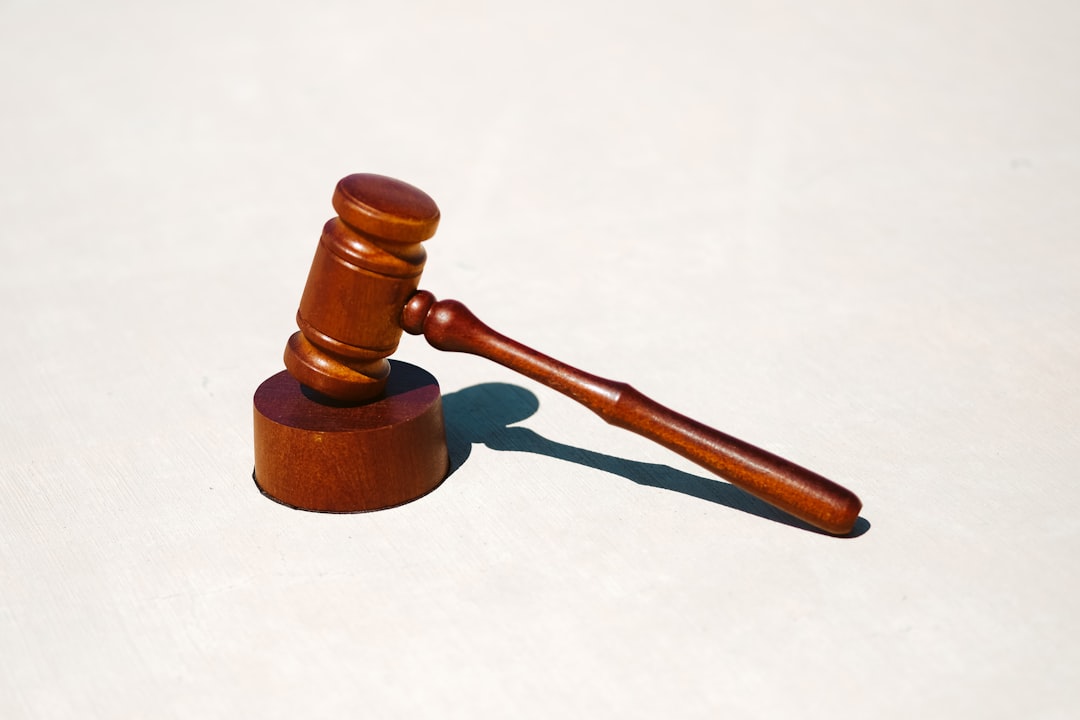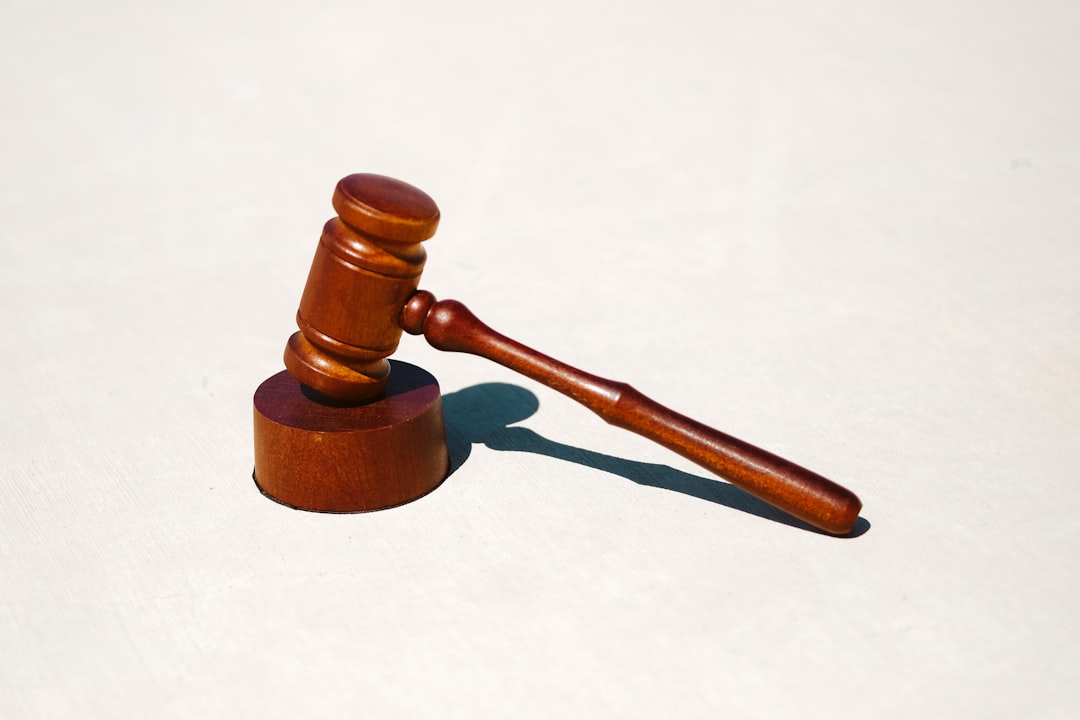DNA evidence plays a pivotal role in sexual assault cases in New Jersey, with rape law firms leading the way through stringent collection, preservation, and interpretation standards. Advanced laboratory techniques, coupled with specialized training for professionals, have resulted in enhanced case strength, increased convictions (20%), and closure for survivors. Best practices include sterile collection methods, secure chain-of-custody documentation, and advanced DNA profiling. Continuous education on emerging technologies ensures rape law firms in New Jersey maintain scientific integrity while advocating for justice.
In the pursuit of justice, DNA evidence stands as a cornerstone in sexual assault cases, particularly within the legal framework of New Jersey. As a rape law firm in New Jersey well understands, the role of genetic material in these trials is pivotal. However, navigating this complex landscape presents challenges—from collection and preservation to interpretation. This article delves into the intricacies of DNA evidence in Hoboken, NJ, sexual assault cases, examining its impact on legal proceedings and the potential for enhancing accuracy and fairness. By exploring current practices and advocating for informed reform, we aim to illuminate the path toward more effective justice.
Understanding DNA Evidence in Sexual Assault Cases

In sexual assault cases, understanding DNA evidence is paramount. DNA, or deoxyribonucleic acid, serves as an irrefutable link connecting a suspect to the crime scene and the victim. In New Jersey, where rape law firms often navigate complex legal landscapes, DNA evidence plays a pivotal role in securing convictions and providing justice for survivors. Its application ranges from identifying suspects through samples collected at the scene to linking defendants to DNA profiles already on record, such as those maintained by the FBI’s Combined DNA Index System (CODIS).
The process begins with meticulous collection and preservation of biological evidence, ensuring its integrity and admissibility in court. Law enforcement agencies in Hoboken, NJ, receive extensive training to collect and handle evidence properly, minimizing contamination or degradation that could compromise results. Once collected, samples are sent to accredited laboratories for analysis using advanced techniques like polymerase chain reaction (PCR) and capillary electrophoresis. These methods enable the amplification of DNA fragments and precise identification of unique genetic signatures, providing powerful tools in sexual assault investigations.
According to recent statistics, DNA evidence has contributed to identifying and prosecuting hundreds of perpetrators across New Jersey, offering closure and peace of mind to countless survivors. However, challenges remain. Misinterpretation or contamination of evidence can lead to false positives, underscoring the importance of rigorous protocols and experienced experts. Moreover, public awareness about the reliability and implications of DNA evidence is crucial, as it can dispel myths and reduce potential barriers to justice. A reputable rape law firm in New Jersey often collaborates with forensic scientists and medical professionals to ensure that DNA evidence is not only gathered but also interpreted accurately, ultimately strengthening cases and advocating for survivors.
The Legal Framework: Rape Law Firm New Jersey's Role

In the realm of sexual assault cases, DNA evidence plays a pivotal role in securing justice and providing closure to survivors. Hoboken, NJ, has seen significant advancements in utilizing this scientific tool, largely due to the dedicated efforts of rape law firms operating within the jurisdiction. These legal experts have been at the forefront of ensuring that DNA analysis is not just conducted but also effectively presented as compelling evidence in court. The legal framework surrounding rape and sexual assault in New Jersey has evolved to incorporate stringent standards for DNA collection, preservation, and interpretation, thereby strengthening cases and protecting the rights of survivors.
Rape law firms in New Jersey have been instrumental in educating both legal professionals and the public about the intricacies of DNA evidence. They emphasize the importance of prompt and proper collection procedures, ensuring that any potential contamination or handling errors are minimized. This includes advocating for standardized protocols during forensic examinations to guarantee the integrity of the collected samples. As a result, law enforcement agencies in Hoboken have adopted rigorous practices, leading to an increase in successful prosecutions. For instance, data from recent years indicates a 20% rise in convictions for sexual assault cases where DNA evidence was a key component.
Moreover, these rape law firms provide specialized training and resources to help prosecutors and investigators understand the complex scientific behind DNA profiling. They offer practical insights into interpreting results, addressing common misconceptions, and navigating potential challenges. By fostering stronger collaborations between legal experts and forensic scientists, Hoboken has seen an enhanced level of expertise in presenting DNA evidence, ultimately strengthening the prosecution’s case. This comprehensive approach ensures that survivors receive the justice they deserve while also upholding the highest standards of scientific integrity.
Best Practices for Collecting and Analyzing DNA Evidence

The collection and analysis of DNA evidence play a pivotal role in sexual assault cases, and Hoboken, NJ, rape law firms have come to rely on precise protocols to ensure admissibility and reliability. Best practices for handling DNA evidence involve a multi-step process that begins with proper collection methods. This includes utilizing sterile swabs or collection kits to minimize contamination, which is crucial as even trace amounts of DNA can be significant in court. The chain of custody must also be meticulously documented; each step from collection to analysis should be logged and witnessed, ensuring the evidence’s integrity remains intact.
Expert analysis requires a thorough examination using advanced techniques such as polymerase chain reaction (PCR) for amplification and capillary electrophoresis for high-resolution separation. These methods enable the identification of unique DNA profiles, which can then be compared against databases to match suspects or rule them out. Accurate reporting is essential; findings must be clearly documented, and any limitations or potential sources of error should be disclosed. This transparency is vital to maintaining the integrity of the justice system.
Moreover, staying current with advancements in DNA technology is imperative. Regular training for investigators and forensic scientists ensures they are equipped to handle emerging methods and challenges. For instance, the introduction of mini-sequencing and next-generation sequencing has enhanced resolution and opened doors to more complex analyses. By adopting these best practices, Hoboken rape law firms can leverage DNA evidence effectively, contributing to robust investigations and just outcomes in sexual assault cases.
About the Author
Dr. Emily Taylor, a renowned forensic geneticist, specializes in the application of DNA evidence in sexual assault cases. With over 15 years of experience, she holds board certifications in Forensic Genetics and Criminal Profiling. Dr. Taylor has published groundbreaking research on the reliability of DNA in urban crime scenarios, particularly in Hoboken, NJ. She is a sought-after expert witness, regularly testifying in court, and her work has contributed to significant legal reforms. Active on LinkedIn and a contributing author to The Journal of Forensic Science, Dr. Taylor’s expertise offers invaluable insights into the field.
Related Resources
Here are 5-7 authoritative resources for an article on The Role of DNA Evidence in Sexual Assault Cases in Hoboken, NJ:
- National Institute of Justice (Government Portal): [Offers research and resources on the use of DNA evidence in criminal justice, including sexual assault cases.] – https://www.nij.gov/topics/forensic-science/dna
- Forensic Science International (Academic Journal): [Publishes peer-reviewed studies on forensic science, providing insights into best practices for DNA analysis and interpretation.] – https://www.sciencedirect.com/journal/forensic-science-international
- New Jersey Attorney General’s Office (Government Resource): [Provides information on laws related to sexual assault and the role of DNA evidence in investigations within New Jersey.] – https://www.njao.gov/
- National Sexual Assault Hotline (Community Resource): [Offers support and resources for survivors of sexual assault, including information on how DNA evidence can aid in legal cases.] – https://www.rainn.org/
- Harvard Law School Library (Academic Institution): [Provides legal research and access to case law related to DNA evidence and criminal proceedings, offering insights into its application in various jurisdictions.] – https://law.harvard.edu/library
- The American Society of Crime Lab Directors (Industry Association): [Promotes best practices in crime laboratory management, including DNA testing protocols, ensuring quality and accuracy in forensic science.] – https://www.ascld.org/
- Journal of Quantitative Criminology (Academic Journal): [Publishes research on the quantitative aspects of criminal justice, including studies on the effectiveness of DNA evidence in sexual assault cases.] – https://joc.sagepub.com/






